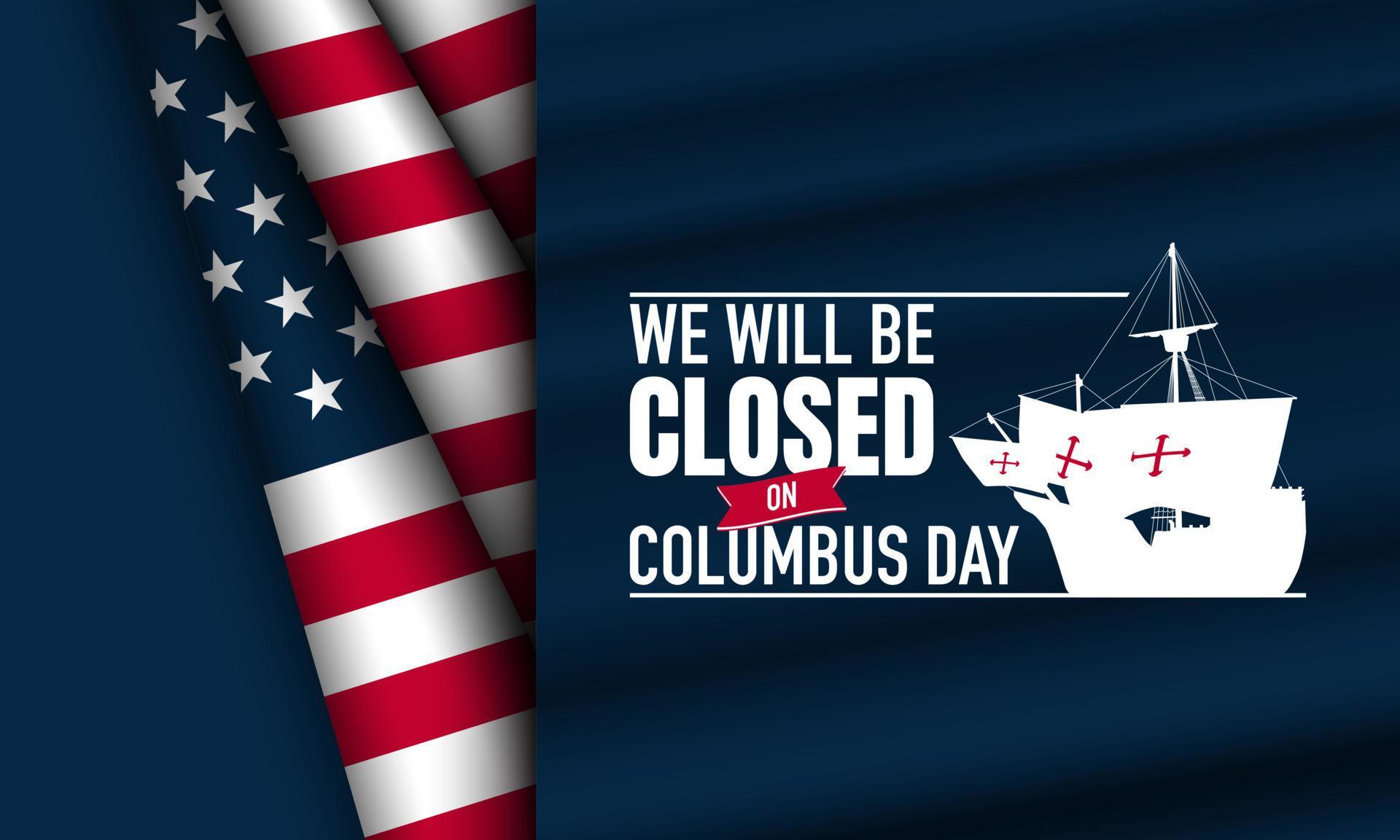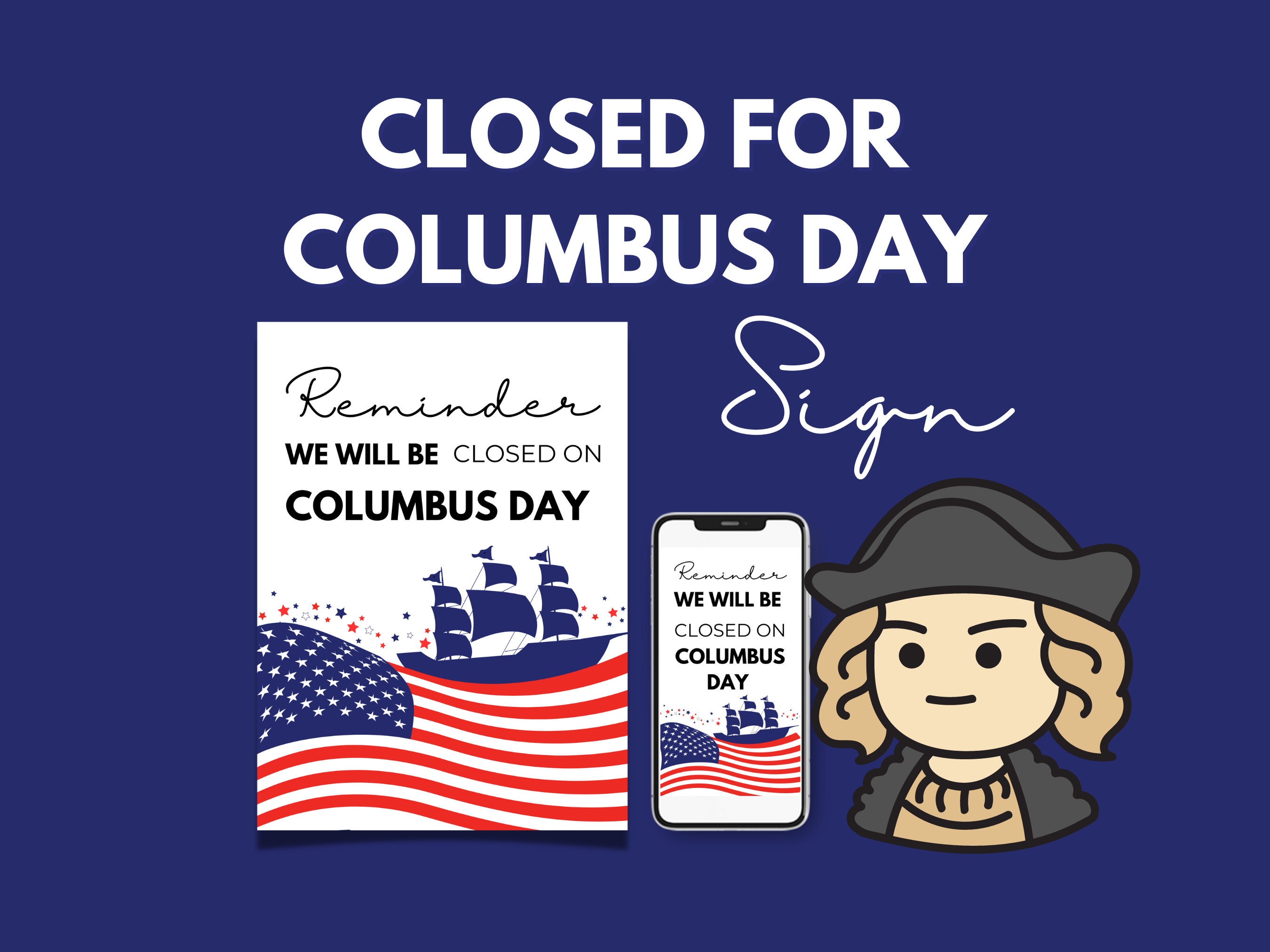Columbus Closings: Your Ultimate Guide To Real Estate Transactions In Columbus
When it comes to real estate in Columbus, the term "columbus closings" is something you need to know if you're buying or selling property. Whether you're a first-time homebuyer or an experienced real estate investor, understanding the ins and outs of closing processes can make all the difference. So, buckle up because we're about to dive deep into what makes columbus closings so important and how you can navigate them like a pro.
Real estate transactions can feel overwhelming, especially when you're dealing with legal jargon and complex paperwork. But don't stress! We've got you covered. In this article, we'll break down everything you need to know about columbus closings, from the basics to advanced tips that'll help you close deals smoothly.
Think of this article as your cheat sheet for mastering columbus closings. By the time you're done reading, you'll be equipped with the knowledge to avoid common pitfalls, save money, and ensure your real estate transaction goes off without a hitch. So, let's get started, shall we?
- Hello Kitty Characters The Ultimate Guide To Sanrios Beloved Icons
- Casanova Jail Sentence The Untold Story Behind The Legend
Understanding Columbus Closings: What Exactly Are They?
First things first, let's define what we mean by columbus closings. Simply put, it's the final step in a real estate transaction where the buyer officially becomes the owner of the property. This is the moment when all the paperwork gets signed, funds are transferred, and keys change hands. It's like the grand finale of a long process, and it's super important.
Now, why are columbus closings so crucial? Well, they're the point where everything comes together. If anything goes wrong during this stage, it could delay the transaction or even cause it to fall through. That's why it's essential to understand the process and prepare accordingly.
Key Players in Columbus Closings
Several parties are involved in columbus closings, each playing a vital role. Here's a quick rundown:
- How To Apply Online At Wwwdcfslagov A Comprehensive Guide
- D2 College Football Rankings Your Ultimate Guide To The Best Teams In 2023
- Buyer: The person purchasing the property.
- Seller: The current owner of the property who's selling it.
- Title Company: Handles the legal aspects, including title searches and issuing title insurance.
- Real Estate Agent: Represents either the buyer or seller and helps facilitate the transaction.
- Loan Officer: If financing is involved, this person ensures the mortgage is in place.
Why Columbus Closings Matter
Columbus closings aren't just a formality; they're a critical part of the real estate process. For buyers, it's the moment they officially take ownership of their new home. For sellers, it's the point where they receive payment for their property. Both parties have a lot at stake, so ensuring the closing goes smoothly is crucial.
Moreover, columbus closings involve significant financial transactions. Mistakes or oversights can lead to costly consequences, so it's vital to be informed and prepared. Whether you're dealing with a residential or commercial property, the closing process is where the rubber meets the road.
The Importance of Due Diligence
Due diligence is a big deal in columbus closings. It involves thoroughly reviewing all aspects of the transaction to ensure everything is in order. This includes verifying the property's title, inspecting the condition of the home, and ensuring all necessary documents are in place. Skipping due diligence can lead to nasty surprises down the line, so don't cut corners here.
Steps Involved in Columbus Closings
Now that you know why columbus closings matter, let's break down the steps involved. Here's a simplified overview:
- Reviewing the Purchase Agreement: Both parties review and agree on the terms of the sale.
- Title Search: The title company conducts a search to ensure the property has a clear title.
- Preparation of Documents: All necessary paperwork is prepared, including the deed, mortgage, and closing disclosure.
- Final Walkthrough: The buyer inspects the property one last time to ensure it meets the agreed-upon conditions.
- Signing: All parties sign the required documents.
- Funding: The buyer's funds are transferred to the seller.
- Recording: The deed is recorded with the local government, making the transfer official.
Each step is crucial, and missing one can derail the entire process. That's why it's important to work with experienced professionals who can guide you through each stage.
Common Challenges in Columbus Closings
Even the best-laid plans can hit a snag during columbus closings. Here are some common challenges you might face:
- Title Issues: Discovering liens or disputes over ownership can delay the closing.
- Financing Problems: If the buyer's loan falls through, it can jeopardize the entire transaction.
- Inspection Findings: Unforeseen issues uncovered during inspections can lead to renegotiations.
- Document Errors: Mistakes in paperwork can cause delays or even legal issues.
The good news is that many of these challenges can be mitigated with proper planning and communication. Working with a reputable title company and real estate agent can help smooth out any bumps in the road.
How to Avoid Closing Delays
Time is money, especially in real estate. To avoid delays in your columbus closings, here are some tips:
- Start the process early and stay organized.
- Respond promptly to requests for information or documents.
- Conduct a thorough inspection before the closing date.
- Double-check all paperwork for accuracy.
By staying proactive, you can keep the process moving forward and avoid unnecessary delays.
Tips for a Smooth Columbus Closing
Here are some expert tips to ensure your columbus closings go as smoothly as possible:
- Hire Experienced Professionals: Work with a title company and real estate agent who know the Columbus market inside and out.
- Communicate Clearly: Keep all parties informed of any changes or issues that arise.
- Plan for Contingencies: Have a backup plan in case unexpected issues crop up.
- Stay Calm: Real estate transactions can be stressful, but staying calm and focused will help you make better decisions.
Remember, the more prepared you are, the smoother the process will be. Don't hesitate to ask questions or seek clarification if anything seems unclear.
Understanding Costs Associated with Columbus Closings
Columbus closings come with various costs that both buyers and sellers need to be aware of. These can include:
- Title Insurance: Protects against potential title disputes.
- Closing Fees: Cover the costs of preparing and processing documents.
- Real Estate Commissions: Paid to the agents involved in the transaction.
- Loan Origination Fees: If financing is involved, this covers the cost of setting up the mortgage.
It's important to budget for these costs and understand how they'll impact your overall transaction. Working with a financial advisor can help you plan accordingly.
Negotiating Closing Costs
Don't be afraid to negotiate closing costs. Both buyers and sellers have some flexibility in who pays for what. For example, buyers might ask the seller to cover certain fees as part of the purchase agreement. Conversely, sellers might request that the buyer take on more of the financial burden. It's all about finding a balance that works for both parties.
Legal Considerations in Columbus Closings
Real estate transactions are legally binding, so it's crucial to understand the legal aspects of columbus closings. Here are some key points to keep in mind:
- Title Insurance: Essential for protecting your investment against future claims.
- Disclosures: Sellers are required to disclose any known issues with the property.
- Compliance: Ensure all aspects of the transaction comply with local and federal regulations.
Consulting with a real estate attorney can provide peace of mind and ensure everything is done by the book.
The Role of Title Insurance
Title insurance is one of the most important components of columbus closings. It protects both buyers and lenders from potential claims against the property's title. Without it, you could face costly legal battles down the line. Make sure you fully understand the coverage provided and any exclusions that might apply.
Conclusion: Mastering Columbus Closings
By now, you should have a solid understanding of what columbus closings entail and how to navigate them successfully. Remember, preparation is key. Whether you're buying or selling, taking the time to educate yourself and work with experienced professionals will help ensure a smooth transaction.
We encourage you to share this article with anyone who might find it helpful and leave a comment below if you have any questions or insights to add. And don't forget to explore our other articles for more valuable real estate tips and advice. Happy closing!
Table of Contents
- Understanding Columbus Closings: What Exactly Are They?
- Why Columbus Closings Matter
- Steps Involved in Columbus Closings
- Common Challenges in Columbus Closings
- Tips for a Smooth Columbus Closing
- Understanding Costs Associated with Columbus Closings
- Legal Considerations in Columbus Closings
- The Role of Title Insurance
- Conclusion: Mastering Columbus Closings
- Aela The Huntress Unleashing The Savage Warrior Within
- Unveiling The Mysteries Of August 24th Birthday Personality Traits Gifts And More

Columbus Day Closings 2025 Wilow Leodora

Columbus Day Closed Sign Closed for Columbus Day Sign We Are Closed

Columbus Day Closed Sign Closed for Columbus Day Sign We Are Closed